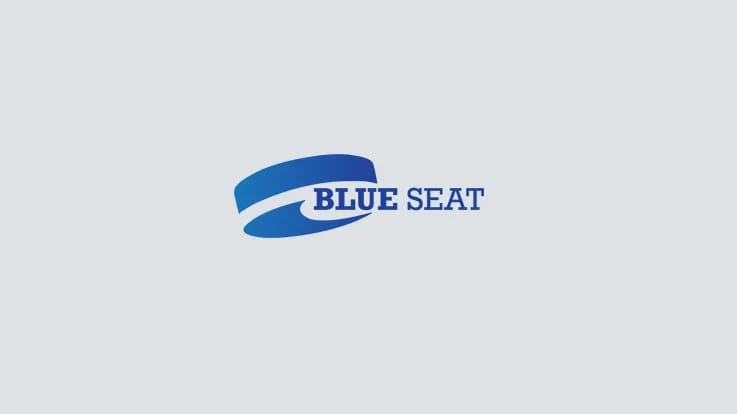
The Rangers and Gerard Gallant made it official yesterday, agreeing to terms that make Gallant the next head coach of the Rangers. This wasn’t really a surprise, as Gallant seemed to have the inside track since day one. He was interviewed almost immediately, and it seemed like the interviews with Rick Tocchet were just the Rangers being polite. This was always Gallant’s job to lose. As per usual, I have some thoughts on Gallant as the next Rangers coach.
1. Gallant is a good coach. He turned the Florida Panthers from a middling team into a playoff team nearly overnight, and he did it with 98-year-old Jaromir Jagr and Jussi Jokinen leading the team in scoring. What he did have was depth, with six players over 50 points. He then took an expansion franchise to the Stanley Cup Final, that again with depth scoring. The common theme of both teams was buy-in into his systems and him as a coach. He’s a players coach, and he gets team unity.
2. Much focus will be on his unceremonious puntings from both teams. Neither were his fault, and there’s a great argument that he didn’t deserve to be canned in either spot. Florida’s front office basically went through a coup, and the “Computer Boys” who built the team were forced out after a .500 start through 20 games. With that went Gallant, who was literally dropped at a curb with his stuff. In Vegas, it sounded like it got personal with him and Kelly McCrimmon, and he was canned despite a 118-75-20 record and the aforementioned appearance in the Stanley Cup Final. I think both are just weird situations of which Gallant was an unfortunate victim.
3. It is very clear Chris Drury and company view Gallant as the guy who can get the Rangers to take the next step. If David Quinn was the “development coach,” then Gallant is the “contending coach.” This is as strong a hire as you can make if you’re Drury. Gallant has recent success with teams with far less talent than the Rangers have today. Give him the loaded roster and the buy-in his players usually give him, and you have a recipe for success.
4. In doing research on Gallant, I found this great piece by Ryan Quigley. One of the main reasons why Gallant is successful and has player buy-in is that players love playing for him.
And while covering the Golden Knights, one thing was clear from the team’s very first game — just about every single player in the Vegas locker room adored playing for Gerard Gallant. He was an excellent motivator for the Knights, and much of this is due to his experience as a former NHLer (and a darn good one at that). He commands respect from his players, and whether he’s yelling at officials or giving members of the media a hard time, his no-nonsense personality makes him one of the more entertaining coaches in the NHL.
This is a stark contrast from the reports that the Rangers players weren’t big fans of playing for David Quinn. There’s no direct quote, but you can read between the lines of things that Ryan Strome and others have said. Perhaps the consistency many are waiting for will come from a simple coaching change and playing for someone they enjoy in the locker room and on the ice.
5. An interesting item to watch for is how Gallant’s teams have always had a fourth line tough guy. In Vegas it was Ryan Reaves. In Florida it was Shawn Thornton. What I want to point out is that both Reaves and Thornton were sound defensively, and are the type of player you’d want a s fourth liner if you’re looking for a face puncher. Reaves has aged a bit, so he may not be the best idea anymore. But Gallant does balance both toughness with actual ability to play hockey, and neither were in the lineup consistently. This is key. There’s been a lot of digital ink spilled on toughness, let’s see what happens next. You can bet Gallant will have input on roster decisions.
6. One last note which will be crucial is how Gallant responds to other factors of player analysis. While never proven, and something that he denies, there is smoke around Gallant’s relative stubbornness to accept analytics as a player evaluation tool. Drury is into analytics as a tool, and it’s safe to assume they’ve had that conversation. I’m sure this will come into play with roster decisions, both in the offseason and throughout next season. The barometer will be Brett Howden.
More About:Musings
